

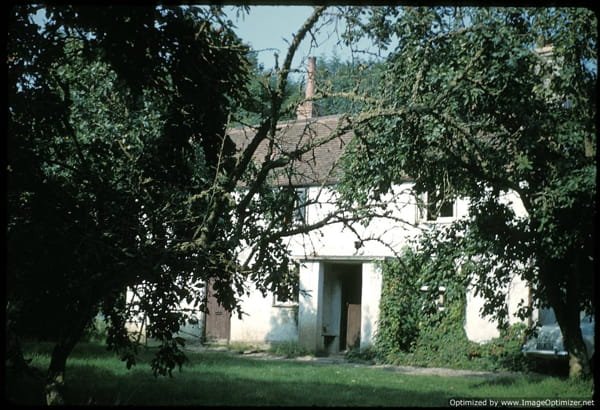
Following the commission in 1948 to write an opera for the Festival of Britain, George and Nancy used the funds to purchase a small cottage with an acre of land near Sherborne in Dorset. George had a small studio extension built and set to work to complete the score of 'John Socman' for the Carl Rosa Opera Company. His father William who wrote the opera libretto was elected to the board of Grand Opera Productions, the management company for the Carl Rosa.
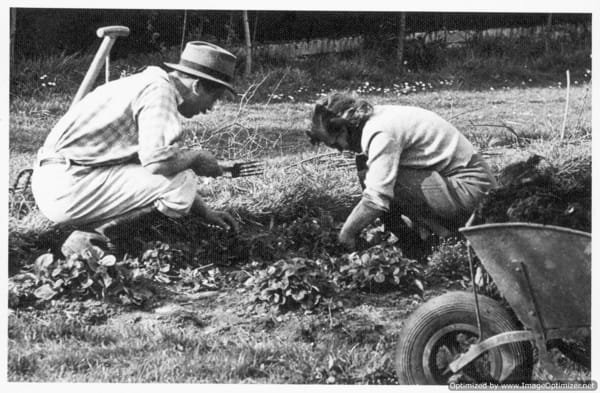
Wrangling and infighting between the Arts Council, The Carl Rosa Company, the conductor and the producer over the production of John Socman, combined with the death of his father shortly afterwards, was too much for George's fragile health. He had a further breakdown, and abandoned the musical world, vowing that he would never again enter an opera house. With no prospect of further commissions and the loss of support from his father, he and Nancy had to earn a living somehow, so they decided to try to do it by growing things. They registered the trade name of Ryewater Nurseries, and began to produce tomatoes and flowers.
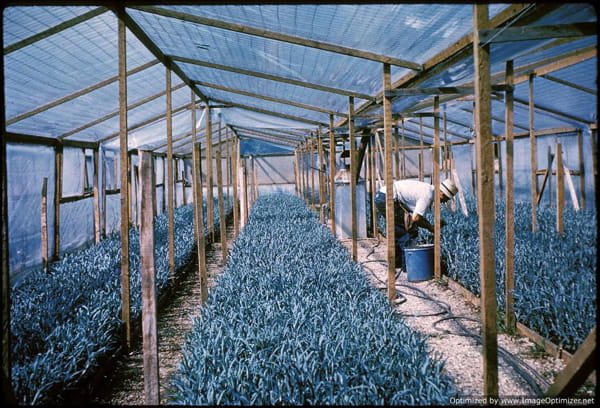
George studied the business carefully, and in the early days he travelled by train to the London markets with his blooms, to meet other growers, buyers and dealers. As his knowledge and experience grew, so they began to achieve top prices for their blooms at Covent Garden Market; the business expanded, they bought more land, and soon they were despatching dozens of boxes daily. George did not abandon composition; he worked full days in the garden, rising at 5am to work on his scores, before driving into Sherborne to collect a dozen workers to help pick and pack the carnations.
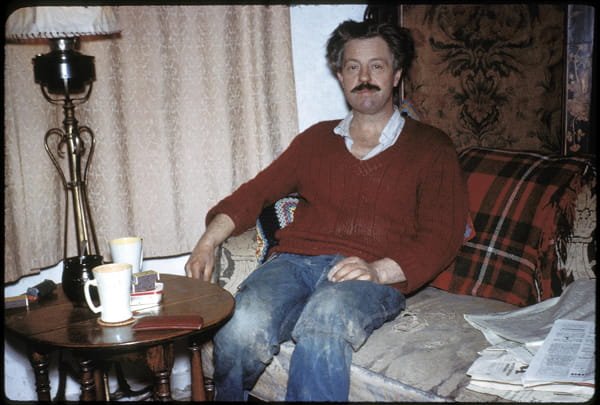
Establishing the new business on a shoestring budget was heavy work, and George was usually exhausted at the end of the day. He moved over 1000 wheelbarrow loads of clay when digging out a water cistern for irrigation, and built all the greenhouses with his own hands, pioneering a new technology of plastic sheeting instead of glass.
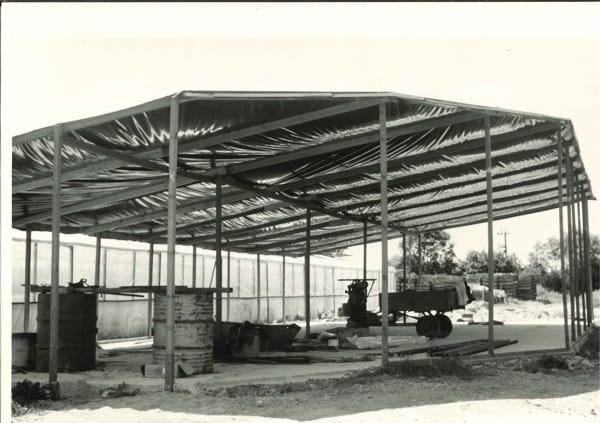
In the early 1960s, as air freight killed the local market for home-produced carnations, George and Nancy turned over the business to growing mushrooms, and replaced the clear sheeting on the greenhouses with black plastic. Business was brisk, and they constructed more growing houses.
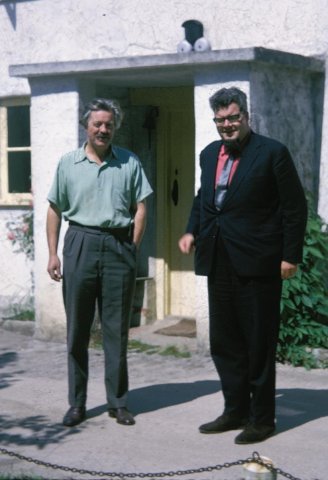
George tried to obtain performances and broadcasts of his work with the BBC, but with the exception of Norman Fulton at BBC West, his scores were rejected with no convincing explanation. He continued to compose throughout this period, completing four more symphonies and four piano concertos. His music attracted the admiration of international concert pianist John Ogdon, who became a friend and was a regular visitor to Ryewater for lessons in orchestration.
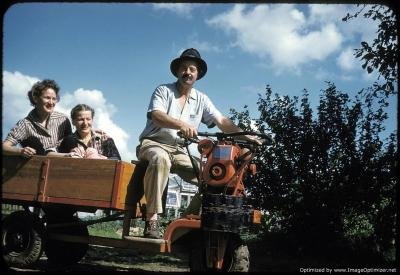
Using a combination of physical exercise and a carefully designed regime of mental training, repetitive healing mantras, medication and several 'alternative' healing therapies, George regained his health. He remained liable to emotional breakdown when reminded of his wartime experience, and that topic was not to be discussed for many years, but by the late 1960s, George was considering a return to the musical world.
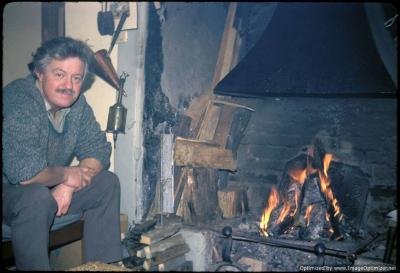
With the support of a handful of musical heavyweights including John Ogdon and Sir Charles Groves, (who premiered some of his work in USA and UK), Hans Keller (who arranged finance for scores to be copied) and Norman Fulton at the BBC, George remained convinced that the fashion for modernist, serial and avante garde musical forms would pass, and that there would be a return to more traditional values of melody, harmony and beauty in music. After John Ogdon manged to slip the Eighth Symphony past the gatekeepers at the BBC, George decided it was 'all or nothing', and resolved to sell up and return to London.